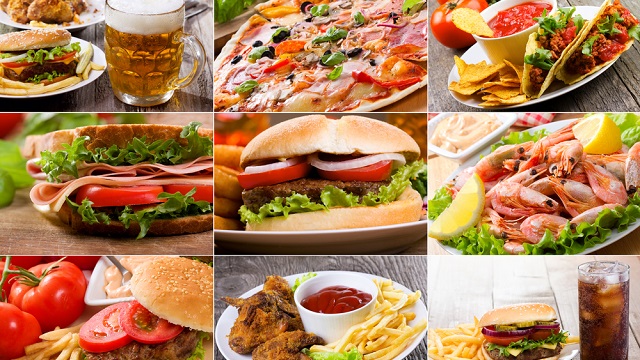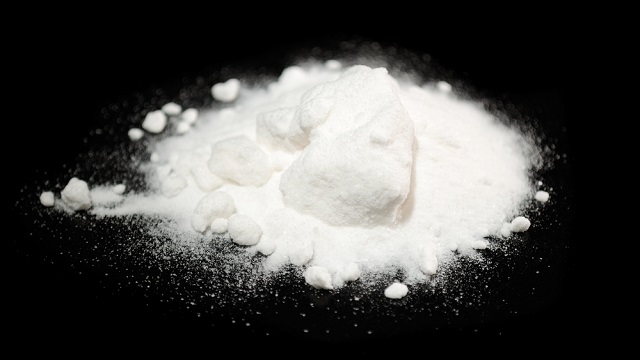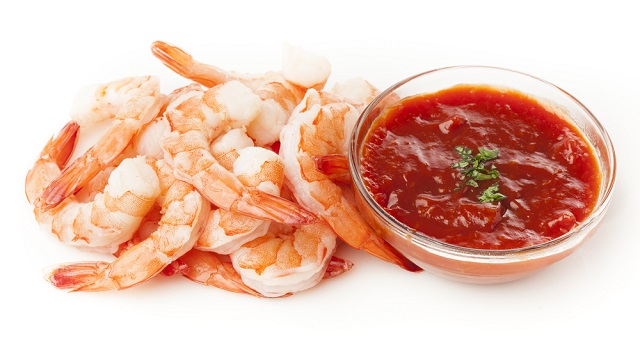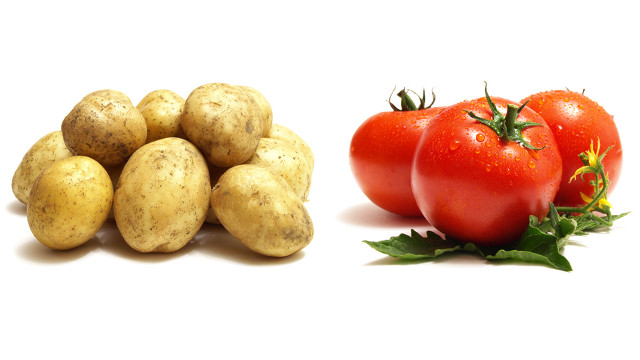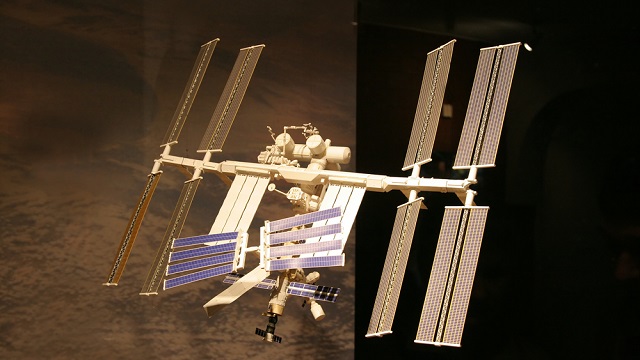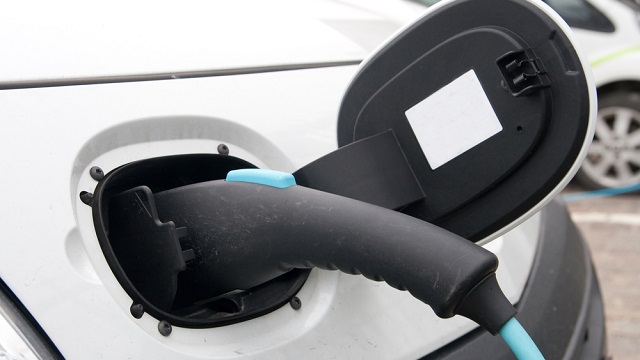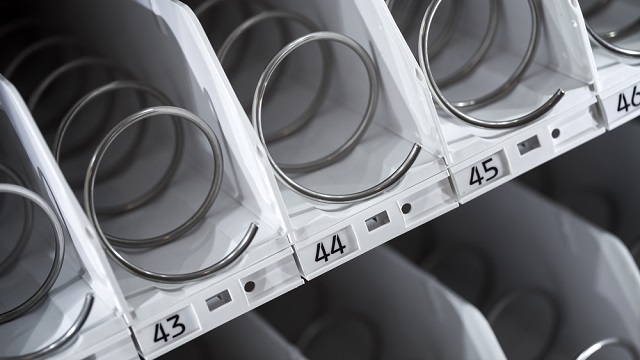Technology & Innovation
All Stories
Researchers conducted a taste-testing experiment in which participants consumed single-malt Scotch in specially-designed rooms labeled “grassy,” “sweet,” and “woody.” They claimed the taste was different in each room.
By scanning the road up to 200 meters ahead, the Obstacle Avoidance system first warns the driver of objects in the way. If they don’t react, it then takes control of the brakes and steering wheel.
Last month, scientists conducting experiments at the National Ignition Facility witnessed, for the first time ever, a fusion reaction that produced more energy than it consumed. It’s a significant milestone towards a long-sought-after goal.
The organization wants to work with game developers to create scenarios that provide appropriate virtual punishment for players who commit what would be considered war crimes in real life.
This week Nielsen unveiled a new ratings system that will measure Twitter activity and conversation around TV shows. Skeptics say tweets may not fully represent the extent of audiences’ involvement.
Announced Monday (Oct. 7), the Alliance for Affordable Internet aims to make basic broadband available for less than five percent of monthly income worldwide. In developing countries, the cost can be up to six times as much.
The northern Spanish city of 180,000 has used an $11 million European Union grant to install technology that has transformed it into a “smart city” model for other municipalities.
Inspired by the success of McDonald’s and KFC — which have outlets throughout southern and eastern Africa — other American chains are exploring the sub-Saharan market.
Construction has begun in San Antonio on what will be the world’s first commercial plant in which carbon dioxide captured from the air will be mineralized into baking soda.
Thanks to the government shutdown, the Food and Drug Administration can’t fully check imported foods for things that could make us sick. This includes half the fruit, a fifth of the vegetables, and almost all of the seafood.
Researchers have come up with a printing process involving a special silver-based conductive ink that can deposit itself to paper. For home hobbyists, it could bridge the gap between a plastic casing and a working electronic device.
The inventors of the “TomTato” say their product — the result of a decade’s worth of development — is the first successful tomato-potato graft to be produced for the mass market.
A group of shops in the Czech city loans customers free folding bikes in exchange for a deposit of about US$16. The program’s small size demonstrates that bike-sharing needn’t be a big corporate-led endeavor.
Scheduled to arrive late next year for testing, the printer will enable astronauts to make replacement parts quickly and easily, saving money as well as stress.
A newly-passed ordinance requires all new home construction to contain the circuitry necessary to allow owners to install their own charging station. The estimated added cost is $200, a mere drop in a bucket full of multimillion-dollar homes.
SAP has developed a machine and corresponding app that, when brought together, creates a customized purchasing experience for the user while giving vendors lots of useful data.
As user interfaces grow more sophisticated, incidences of motion sickness — and the less-well-known simulation sickness — are expected to increase. Writer Christopher Mims says this may become the new normal.
An ordinance passed by the city council went into effect earlier this month, making West Hollywood the first municipality in the US, and possibly the world, to ban the selling of fur. Not surprisingly, high-end retailers aren’t happy.
At the famously meat-heavy festivities, several beer tents are offering meat- and/or animal-free options on their menus. The new choices reflect the country’s changing diet demographic.
All the self-analyzing and, in turn, self-promotions, that we interact with through digital and social technologies has actually created a caring economy based on shared values.
The same model used to bring farm-fresh produce to urban dwellers is being applied to art, with members purchasing shares and receiving works from local artists.
Picking up on the urban farming trend, a Pennsylvania couple has launched a startup that allows the curious-but-clueless to rent two egg-laying hens and equipment for a single season.
Thanks to the efforts of over 83,000 volunteer citizen scientists around the world participating in the Galaxy Zoo 2 project, the latest catalog of galaxy data is 10 times larger than any previous catalog of its kind.
A University of Adelaide student found a relatively simple way to convert the humble-but-environmentally-dangerous plastic bag into a material that has great high-tech potential but is currently too difficult to produce in large qualities.
Last week a US appellate court sided with a group of public sector employees who claimed they were fired because they “liked” the Facebook page of their boss’ election opponent.
The law, signed by Governor Jerry Brown Monday (Sept. 23), allows them to delete posted content that they might regret when they’re older. It’s part of a larger measure designed to protect children’s privacy.
Prime Minister Dmitry Medvedev proposed the hike so that more people will “switch on [their] brain” when entering a marriage. It’s part of a growing trend towards increased social conservatism.
It’s an attempt to encourage marriage — and the legal and financial benefits that come with it — in a country where cohabitation has old cultural roots.
Newly published in PLOS ONE is a study in which students showed improved speed and comprehension when reading short lines of text on the devices.
A Swedish architectural firm is preparing to roll out a standalone, environmentally-friendly 10-square-meter (108-square-foot) pod complete with a sleeping area, kitchen and toilet.







